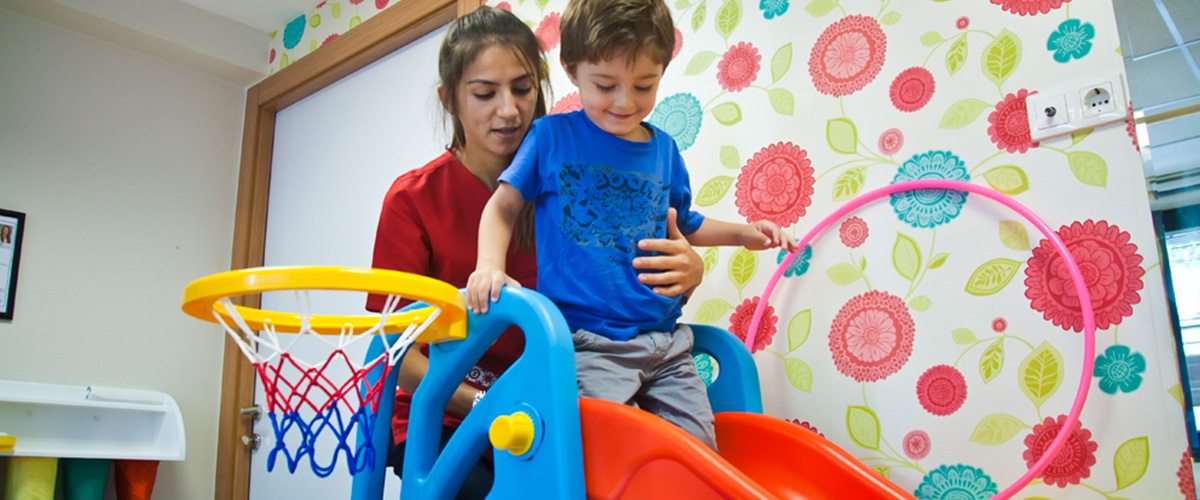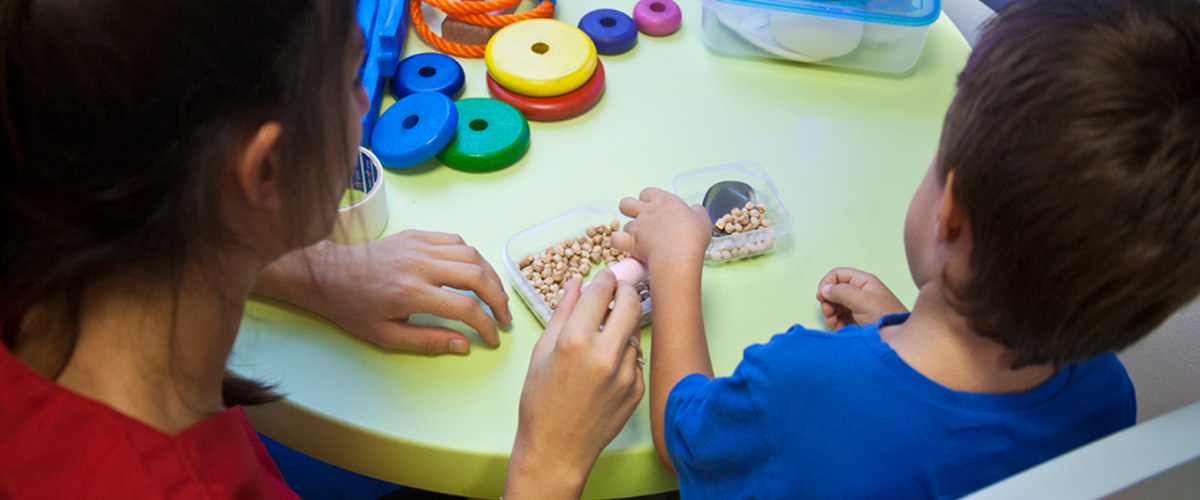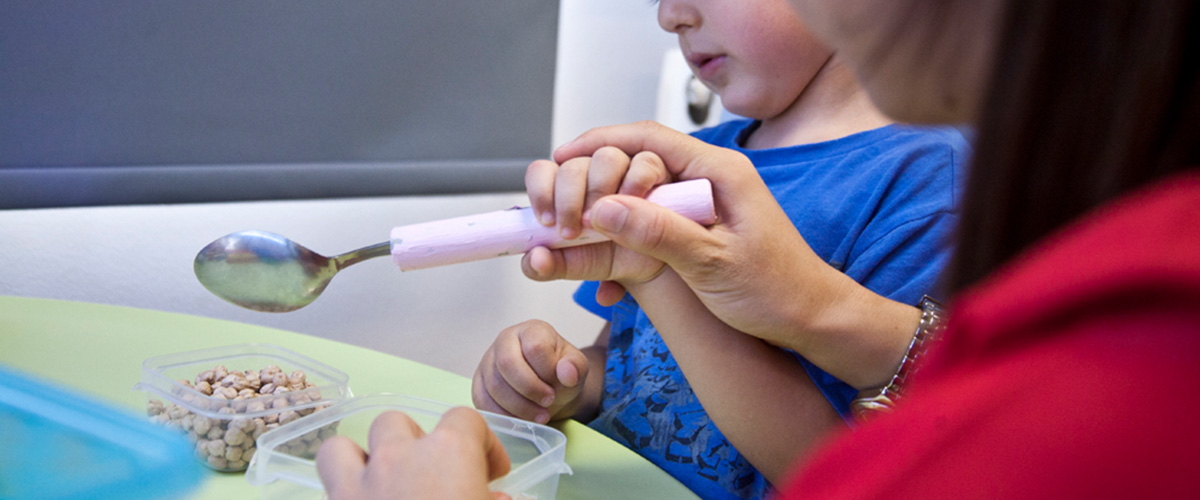


Social competence is the whole of social skills that vary according to the environment and age. Social competence includes skills that are directly related to the interaction and adaptation of individuals with their environment, including self-confidence, communication, and appropriateness of speaking time. Limitations in these skills lead to difficulties in developing friendships, not achieving the same level of success as their peers in academic fields and living dependent on the people around them in later ages.
Social interest (interest in others), sense of social self-sufficiency, empathy skills, performance in observable social behaviours, communication skills, group play, problem solving, anger management skills, participation in group activities, performance in activities of daily living, willpower-motivation support, support for personality traits manifested in cognitive, affective and/or behavioural functioning patterns.
To whom Social Skills Training is applied?
- Individuals affected by at least one of their physical, mental, cognitive, psychological functions
- Children who have problems in communication, play and adaptation with their peers
- Children who have difficulty in adapting to social norms and roles
- Children with autism spectrum disorders
- Individuals with Down Syndrome
- Individuals with Cerebral Palsy
- Children with developmental retardation
- Individuals with mood disorders (anger management, aggression, introversion)
- Individuals with psychiatric disorders (schizophrenia, bipolar disorder…)